Strategic Culture Foundation: Interview with Sheikh Imran Nazar Hosein
Sheikh Imran Hosein Shares his Vision of Contemporary World
The focal point of Sheikh Imran Hosein’s study is eschatology, the religious teaching about the end-times and the ultimate fulfillment of the respective visions of each of the three great monotheistic faiths, with regard to the conclusion of mundane history. Judaism and Christianity have well-developed and even sophisticated eschatological teachings, but until recently Islam in that regard has been lagging behind. Under the inspiration of his revered teacher Maulana Al-Ansari, Sheikh Imran Hosein has laid the foundations of an Islamic eschatological philosophy based, naturally, on the precepts of the Kuran and the relevant hadises. Surprising as it may appear, no Islamic scholar before him had ever approached this important and delicate subject in a systematic manner. Taking into account the Sheikh’s numerous books and lectures on this subject, it is accurate to say that he has elevated Islamic Eschatology to the rank of a new branch of knowledge within the broad system of Islamic theology. It would not be extravagant to also add that he is now the world’s leading authority on this fascinating subject.
Confronting head-on the clash of civilizations narrative and boldly disputing the legitimacy of intolerant and extremist schools of thought within the world of Islam, Sheikh Imran Hosein is a strong advocate of solidarity between the followers of the three monotheistic religions, Islam, Christianity, and Torah Judaism. Based on his reading of the Kuran and certain hadises, sheikh Imran Hosein is, in particular, a champion of «friendship and alliance» between Muslims and Orthodox Christians. Over the centuries, and during the preceding decades with particular brutality, these two religious groups have been victims of the plundering and conquering ambitions of that portion of mankind that is most frequently referred to as the West. The latter’s main tools of oppression, in the sheikh’s mind, are the world banking and monetary system and NATO. He perceives in that part of mankind the operation of the evil forces of Gog and Magog (Yajuj and Majuj), familiar from the Islamic and other monotheistic eschatologies. By contrast, it is in the form of Eastern Christianity, with its historic roots in Byzantium (to which almost certainly reference is made in the thirtieth Sura of the Kuran, Ar-Rum), which is presently established in Russia, that Sheikh Imran Hosein perceives the Empire of Ar-Rum. He regards it as a force for the good, with respect to which the Messenger Muhammed prophesied to his followers thus: «You will conclude an alliance with Ar-Rum».
As a student of geopolitics with a keen eschatological perspective, Sheikh Imran Hosein is an attentive and approving observer of Russia’s dynamic and increasingly assertive role in international affairs.
Advocacy of friendly relations and alliance between Muslims and Orthodox Christians by an Islamic scholar of such renown and depth of knowledge as Sheikh Imran Hosein, and the interest that he has also displayed in the conditions that prevail in Serbia and the Balkans, should have the beneficial effect of facilitating improved relations between Muslims and Orthodox Christians in that volatile part of the world.
The sheikh’s stance as a reconciler and peacemaker – while earning him affection and respect in many quarters – has made him also a figure of controversy elsewhere. Paradoxically, the latter seems to include some segments of the Islamic community because on many points the sheikh’s insistence on unadulterated traditional Islam clashes with key contemporary political agendas.
0



 Wolfslumbers
Wolfslumbers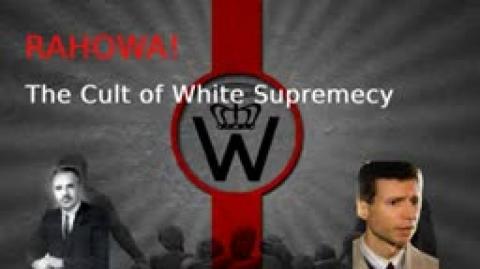

 Matt Kohrs
Matt Kohrs
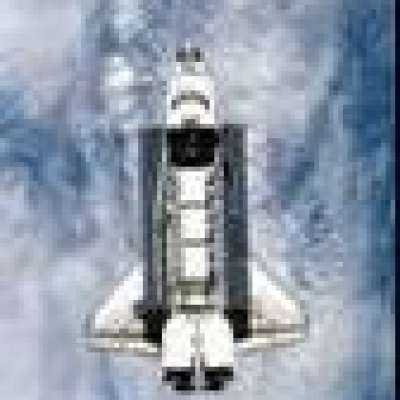 WMHarrison94
WMHarrison94


 RedKnight
RedKnight
 The David Knight Show
The David Knight Show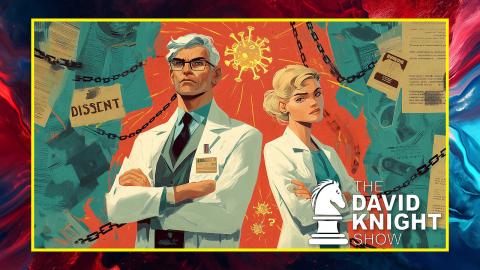
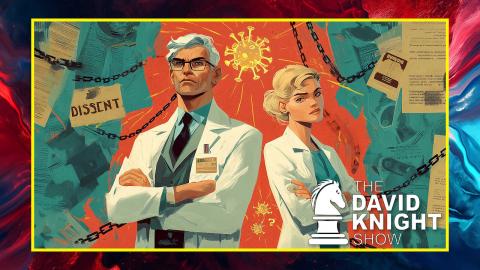
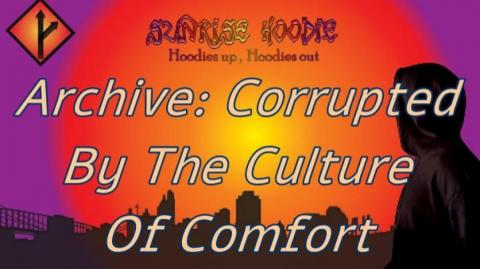
 NerokeFive
NerokeFive
 The Alex Jones Show
The Alex Jones Show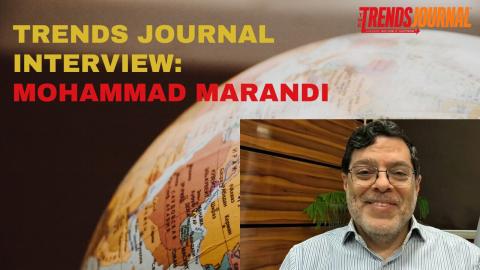
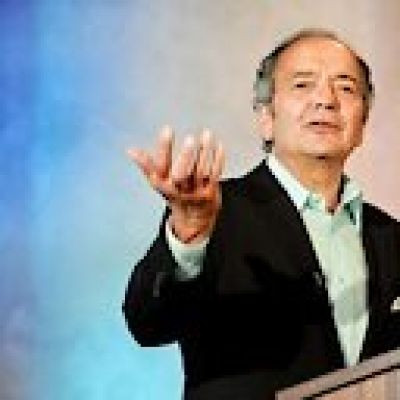 GeraldCelente
GeraldCelente
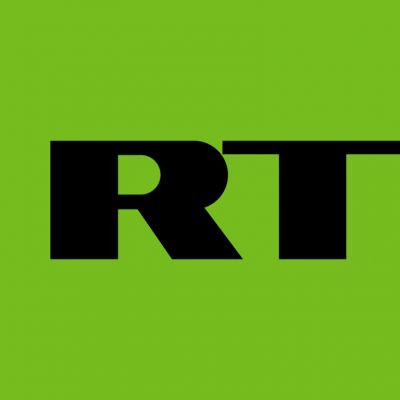 RT
RT
 Better Bachelor
Better Bachelor
 Redonkulas Popp
Redonkulas Popp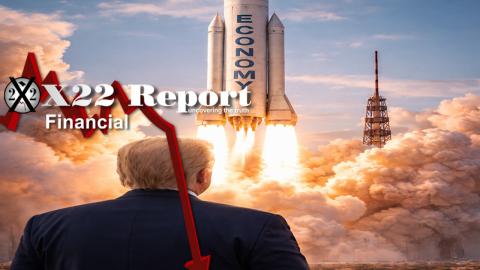
 X22 Report
X22 Report

 Raging Golden Eagle
Raging Golden Eagle



Log in to comment